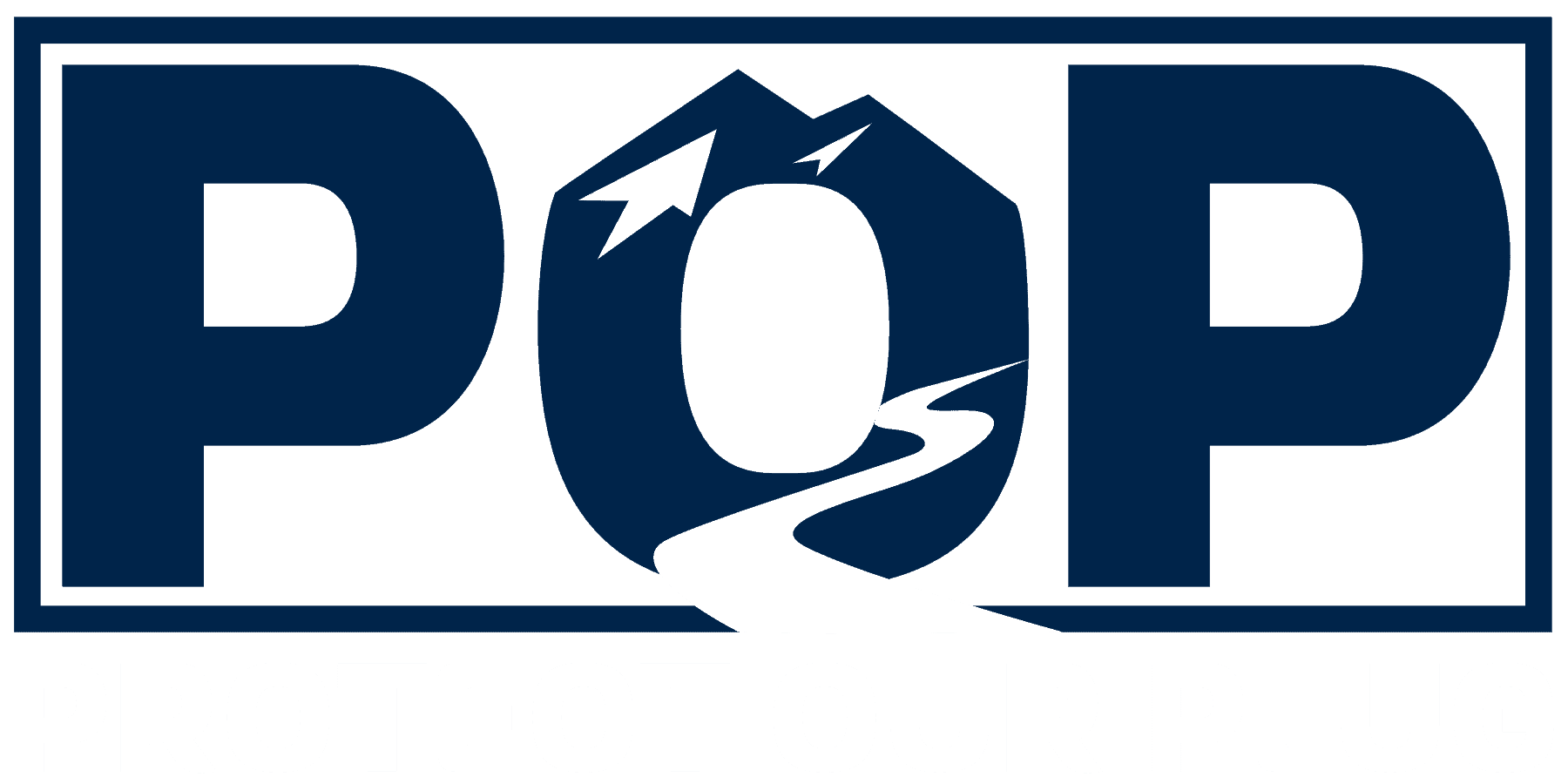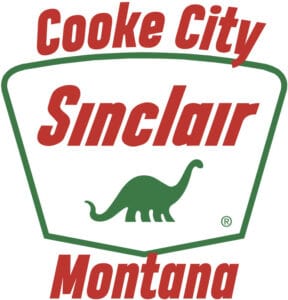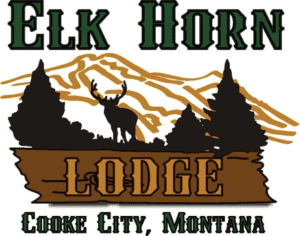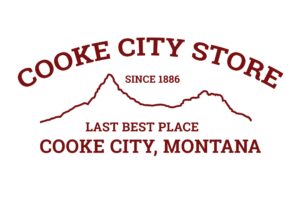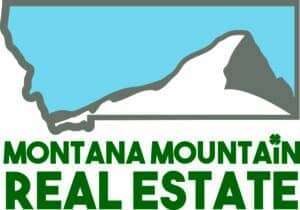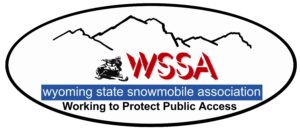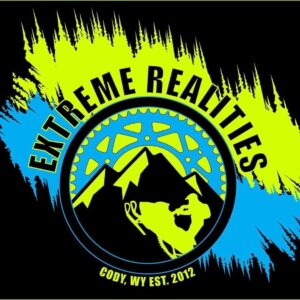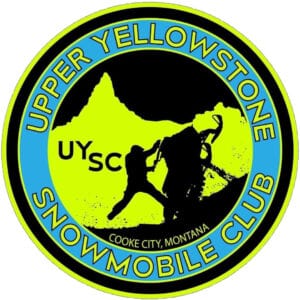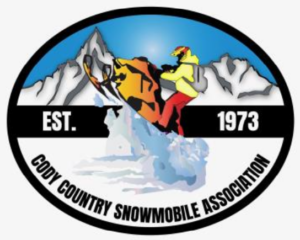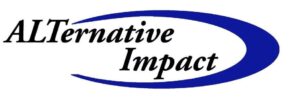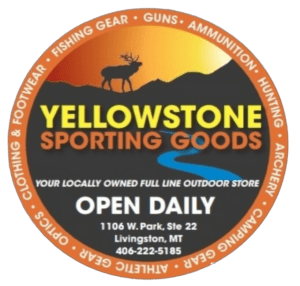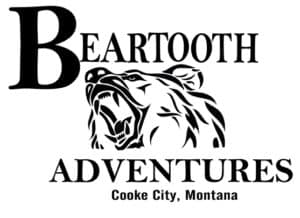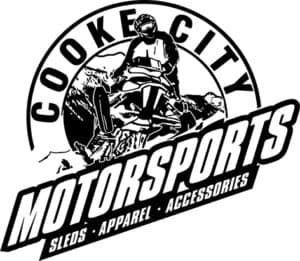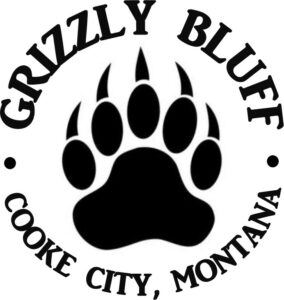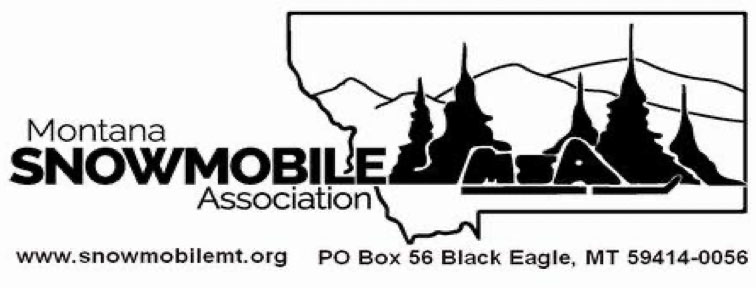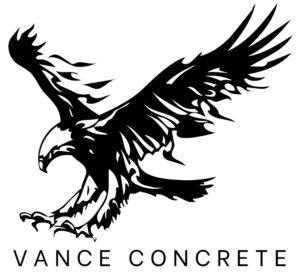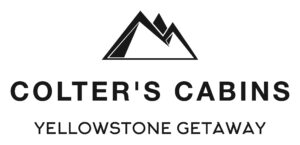As published in the Cowboy State Daily 11/29/22 – Click the Image to view the article and accompanying videos online.

By Wendy Corr, Cowboy State Daily
The mountains near Cooke City and Silvergate, Montana, are a mecca for snowmobilers, cross-country skiers and other winter sports enthusiasts.
And for the last decade or more, there’s been a very visible divide between residents who wish to see the highway that closes off Cooke City to the east open to vehicle traffic in the winter, and those who want an 8-mile section of Highway 212 (known as “the plug”) closed to everything except snowmobile access.
The plug crosses the Wyoming-Montana line and falls under the jurisdiction of multiple state, county and local agencies.
The opposing factions have organized into two nonprofit groups – the Park Access Recommendation Committee (PARC) and Protect Our Plug (POP) – each waging public campaigns that would seem to show a deep divide between their positions.
However, POP members told Cowboy State Daily they are not opposed to opening Highway 212 to the east in the winter.
Not Opposed to Plowing
“I’m not opposed to having the road plowed,” said Kay Whittle, who with her husband has owned the Antlers Lodge for 20 years. “I mean, there would be some conveniences, obviously, to be able to drive out that way.”
Lisa Ohlinger and her husband own the Elkhorn Lodge in Cooke City and Lisa is a local Realtor, as well as past president of the Cooke City-Silvergate Chamber of Commerce. She and her husband also are members of the local search and rescue squad.
“There is a way to plow the plug, but it needs to be done responsibly so we all win,” Ohlinger told Cowboy State Daily.
The purpose of their media campaign, Whittle said, is to make sure that the process of opening the highway happens in a manner that keeps the tiny town’s residents safe, and the environment and economy protected.

No Faster Access to Care
As deputy captain for the emergency services team in Cooke City and Silvergate, as well as deputy coroner for Park County, Montana, Whittle said safety for riders and residents is her top priority.
But she disputes the notion that opening the highway to the east would mean faster access to hospital care (1.5 hours to Cody vs. 2.5 hours to Livingston, Montana), despite written statements from the PARC claiming otherwise.
Speaking from her 20 years’ experience on the search and rescue and EMS teams, Whittle wrote in a letter to Montana Gov. Greg Gianforte last week that access to the Cody hospital is not a cure-all for medical emergencies.
One reason, she said, is a lack of cell service between Cooke City and Cody.
“Even if the plug is plowed, as a caregiver, I would recommend they drive through YNP toward Livingston because there is cell service (intermittent in the park) and places to stop for help if the condition of the patient worsens and they change their minds about an ambulance,” Whittle wrote.
“Driving east toward Cody, Wyoming, is a dead zone as far as cell service with no options for help if the condition of the patient worsens, so not a good choice if transporting an injured or sick individual,” she continues.

Replace Trail A
To keep the winter economy of the snowbound communities healthy, Ohlinger explained that a replacement trail needs to be in place to accommodate recreation before plowing the highway can be considered.
Trail A is the main snowmobile access to the Cooke City area. The trail runs on the unplowed highway, as well as an additional 9-mile stretch that runs parallel to the road.
“Because we’re using a highway for Trail A, it’s very wide – it accommodates snowmobilers and skiers going both ways,” she said. “And so, we need to make sure that it’s comparable and meets the criteria for that.”
Equal Alternatives
POP members stress that simply eliminating a wide, accessible trail from the region without a comparable replacement could drive away that winter tourism, which brings in about $7.8 million dollars per year to the state.
“Everything circled in magenta is the trail from Pilot Creek to Cooke City,” said Brenda Miller of Cody, who created a map detailing Trail A. Miller is president of the Wyoming State Snowmobile Association.
“The trail that is circled in green is the rest of Trail A from Pilot Creek Parking lot to the junction of Highway 296 and Highway 212, which we would also lose,” said Miller. “So it’s not just the 9 miles from Pilot Creek into Cooke City.”
“(Trail A) merges our two trail systems,” added Whittle. “It’s super important. People come to ride both areas.”

Need An EIS
Ohlinger said to replace this critical trail, two parking areas would need to be created.
She explained that the group recently met with Mike Thom, district ranger for the Gallatin National Forest in Gardiner, who told them specifically that an environmental impact study (EIS) would need to be conducted to create the new parking areas.
That information contradicts what the PARC organization has recently been promoting, said Ohlinger.
“On Tuesday, the 22nd (of November), we had another conversation with Mike Thom,” she said. “And he said, ‘Anytime you create a new parking area, you have to have an environmental impact study.’”
Necessary Upgrades
But Ohlinger added that there are other practical matters that need to be addressed to maintain a highway that has traditionally been closed in the winter – including a larger law enforcement presence to deal with higher numbers of vehicles.
“Accidents will be increased, (because) there will be adverse driving conditions,” Ohlinger said. “We have a really, really snowy mountain pass that they’ll have to come across that has been previously unplowed. So, we have no idea what that’s going to look like.”
Additionally, Ohlinger said that services such as tow truck drivers and even cellphone towers are non-existent now. While she said the group is not opposed to plowing the highway, members ask that they be included in any discussions to move that idea forward.

Everybody Wins
“Everybody needs to come to the table together and have a common goal,” said Ohlinger. “And we want to be at the table. We are not against plowing the plug, we’re against plowing it irresponsibly.”
“I’m not opposed to it,” added Whittle. “It just needs to be done responsibly, and there’s a way to do it.”
Because the disputed portion of Highway 212 crosses the Montana-Wyoming line, the Protect Our Plug organization hopes that discussions with governors, Forest Service representatives, county commissioners and highway departments from both states can move forward, taking into consideration concerns from all residents of the region and all those who contribute to the local economy.
“And here’s the best part,” Ohlinger said. “If we all have a discussion, and we figure out a plan to open this responsibly, everybody wins. How can you not buy into that?”
